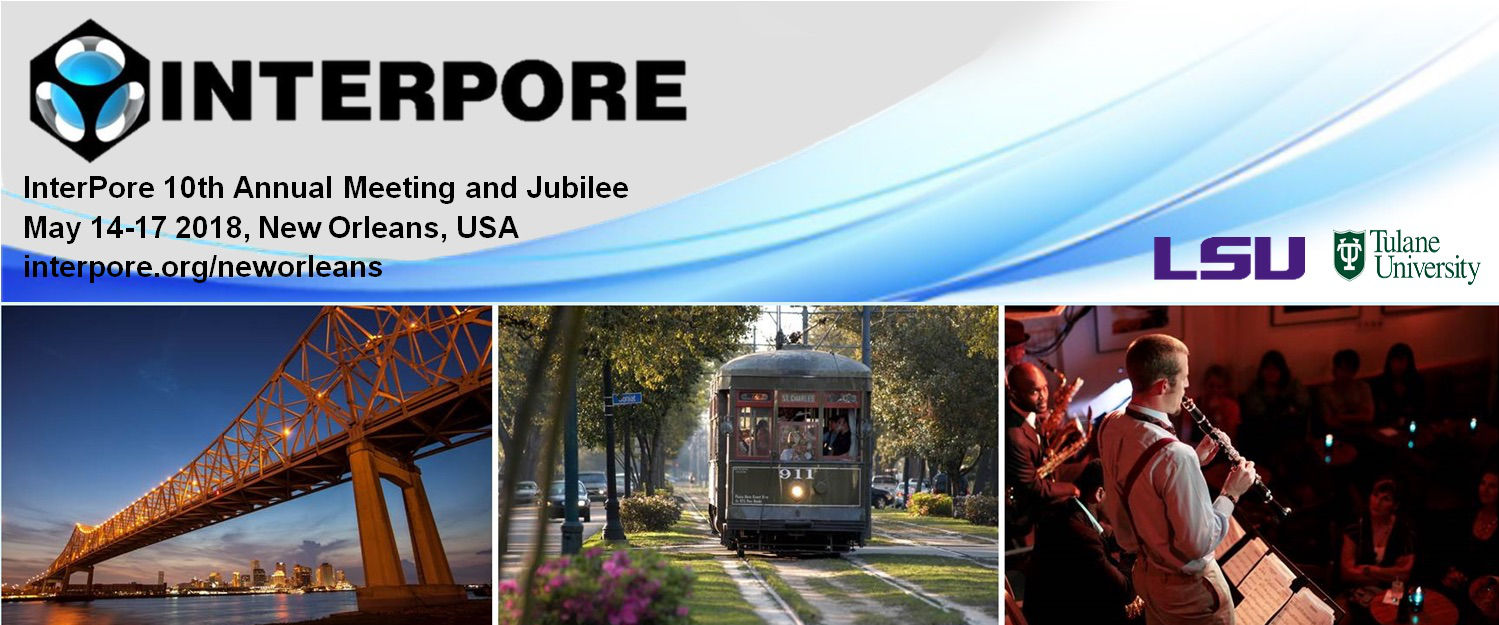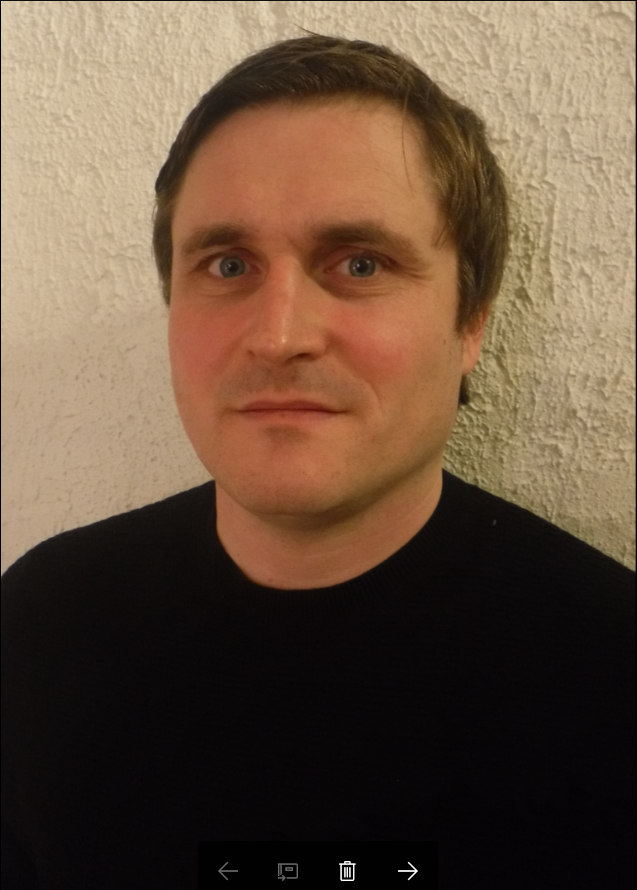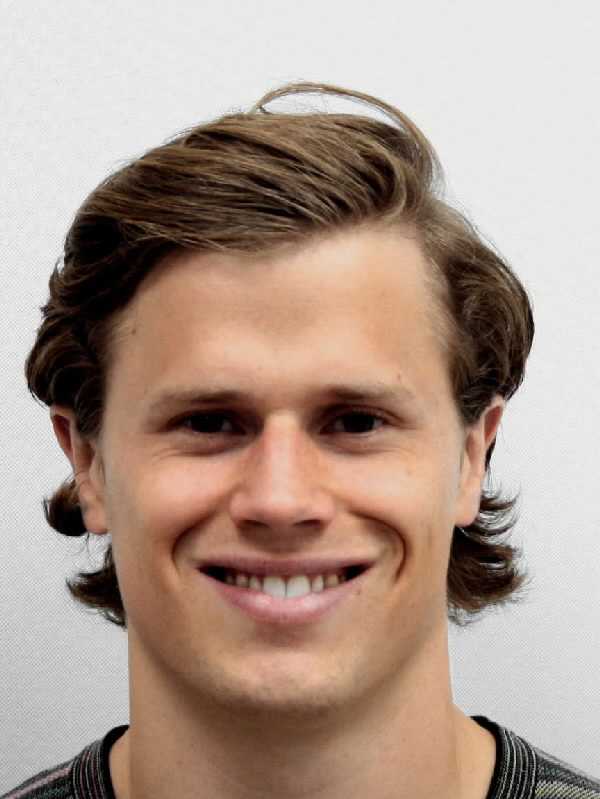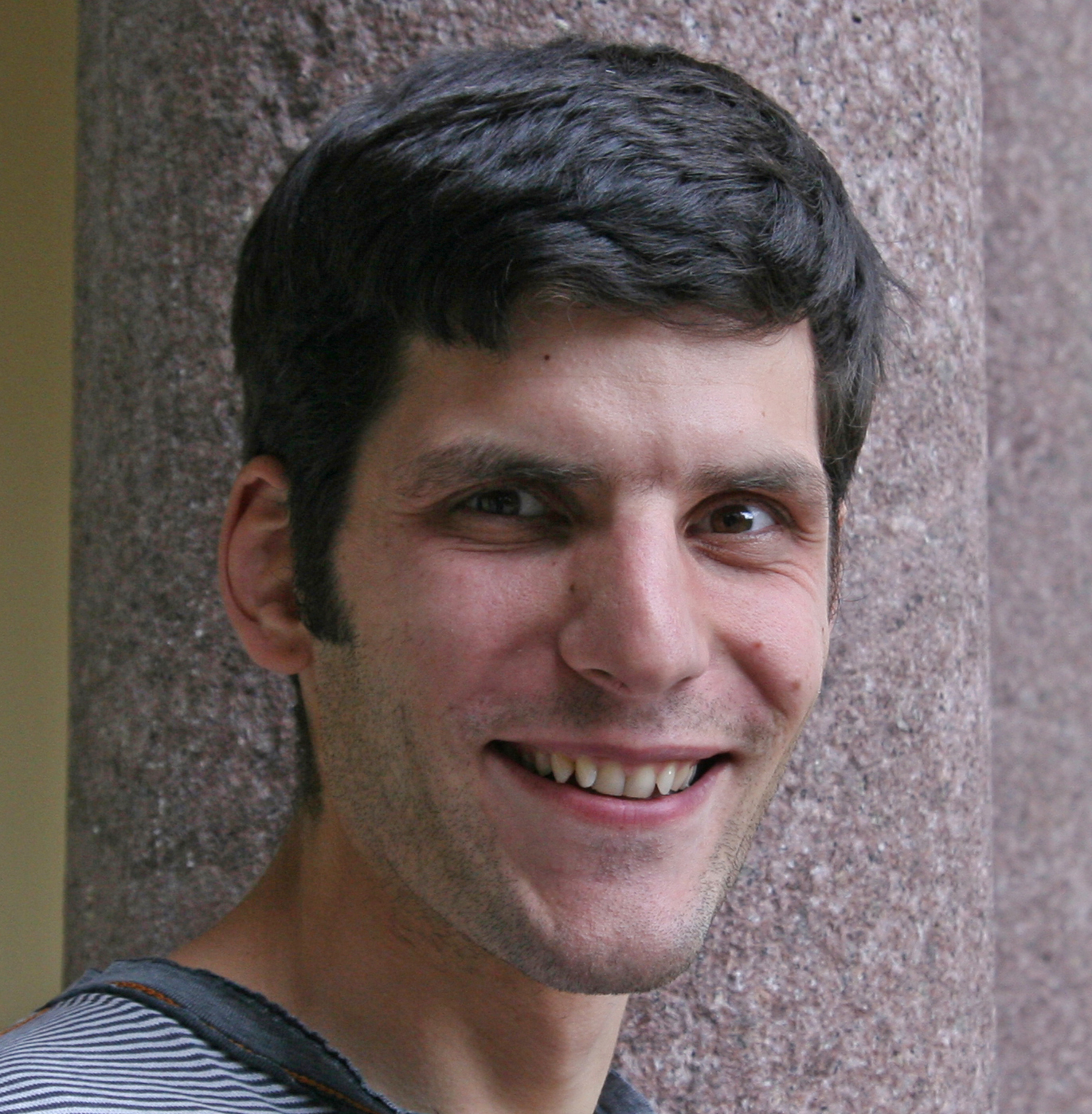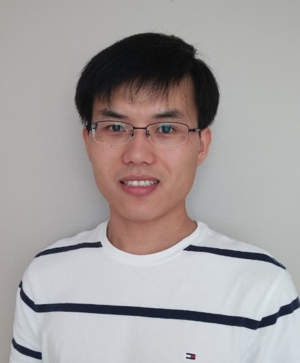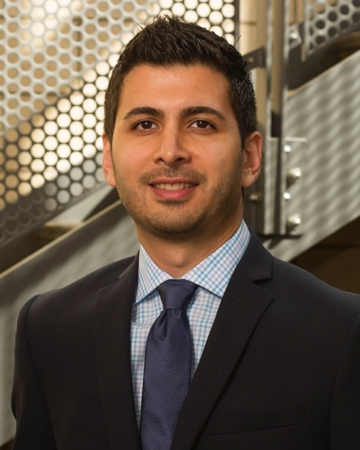REGISTRATION FOR SHORT COURSES IS AVAILABLE NOW. YOU CAN REGISTER HERE.
SHORT COURSE #2: Modeling flow and transport phenomena in porous media
The MATLAB Reservoir Simulation Toolbox: general introduction and application to geological CO2 storage modeling
Instructors:
|
(Research Scientist, SINTEF Digital) |
(Graduate Researcher, SINTEF Digital) |
|
(Research Scientist, SINTEF Digital) |
(Research Scientist, SINTEF Digital) |
Event time: Friday, May 18, 2018
Duration: 9 AM to 5 PM
Location: TBD
Registration fee: $75 (For InterPore 2018 participants)/$95 (Short course only)
Description:
The MATLAB Reservoir Simulation Toolbox (MRST) is an open-source toolbox for reservoir modeling, developed by the Computational Geosciences group at SINTEF Digital and used by researchers worldwide. It contains a wide range of tools and add-on modules for applications related to single- and multi-phase flow modeling in the subsurface. This includes fundamental tools for gridding, visualization and equation solvers, as well as specialized software for multiscale methods, flow diagnostics, upscaling and more. In addition, a specialized module for modeling geological CO2 storage has been developed.
This is a one-day, two-part course. The first part provides a general introduction to the design and functionality of MRST, whereas the second part focuses on the particular application of CO2 storage modeling. In particular, it discusses the particular challenges inherent to CO2 storage modeling (high density and viscosity contrasts, large spatial and temporal scales) and how they can be addressed using the specialized tools of the MRST-co2lab module.
Both parts of the course include hands-on examples and exploration using installations of MRST on each participant's laptop. It is assumed that participants have their own MATLAB licenses, but other necessary software, data models and setup procedures will be provided to the participants by the instructors ahead of the course. Participants may choose to attend the full course, or one part only. The second part builds on the first, but loosely enough that new participants may still participate.
Participants are recommended to bring own laptops with a working MATLAB license. Other required software will be provided by the organizers ahead of the conference.
Course Topics:
PART I: General introduction to the MATLAB Reservoir Simulation Toolbox
1. Getting started (~ 30 minutes)
2. Grids and petrophysical data (~ 50 minutes)
3. Incompressible, compressible and multiphase flow (~ 70 minutes)
4. AD-OO: the MRST object-oriented, automatic differentiation framework (~40 minutes)
PART II: Practical modeling of geological CO2 storage - challenges, tools and workflows
1. The challenges of CO2 storage modeling (15 minutes)
2. CO2 trapping mechanisms, capacity estimation and storage efficiency (30 minutes)
3. Spill-point analysis for migration prediction, well placement support and capacity estimation (45 minutes)
4. Rapid simulation using vertical-equilibrium (VE) models (45 minutes)
5. Workflows for investigating CO2 storage (30 minutes)
Modeling flow and transport phenomena in porous media
Instructor:
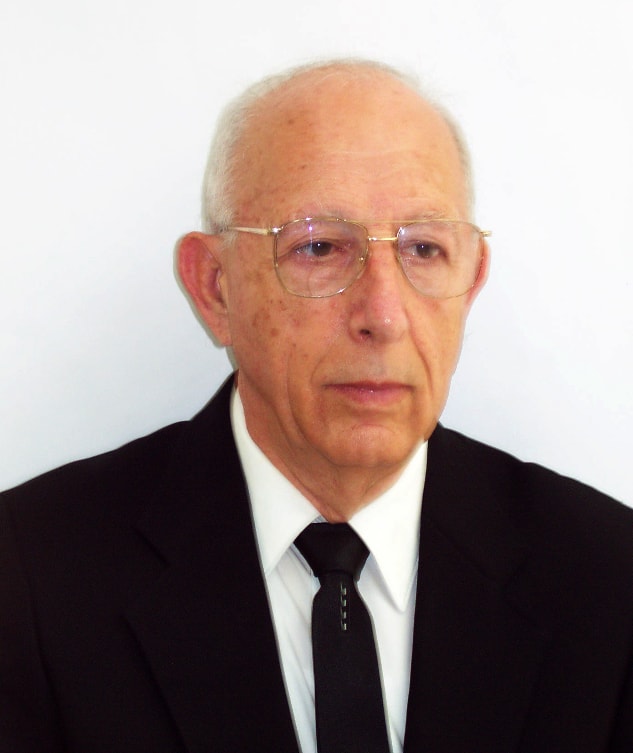 |
|
Jacob Bear (Technion-Israel Institute of Technology) |
Event time: Friday, May 18, 2018
Duration: 9 AM to 5 PM
Location: TBD
Registration fee: $100 (For InterPore 2018 participants)/$130 (Short course only)
Description:
The objective of this short course is to provide a comprehensive review of mathematical modeling of flow and transport in porous media. The lectures will cover a wide range of topics from the definition of a porous medium and the continuum approach to transport in porous media to the development of well-posed models of mass momentum and energy transport in porous media in the cases of multiple phases, chemical reactions, non-isothermal conditions and a thermo-elastic solid matrices.
Recommended textbook: Bear, J. Modeling Phenomena of Flow and Transport in Porous Media, Springer, 742pp., 2018.
The textbook will be available for purchase in the exhibition hall of InterPore 2018 conference (Springer booth) at 20% discount.
Course Topics:
PART I (90 minutes)
1. The porous medium. The continuum approach to porous media. Phases, chemical species and components. REV. Volume and mass averages. The modeling procedure.
2. Fundamental balance equation and fluxes. General microscopic balance equation. Microscopic mass, momentum and energy balance equations. General macroscopic balance equation and fluxes (advective, diffusive and dispersive).
PART II (90 minutes)
1. Darcy's law. K & K. Modeling single phase mass transport. Mass balance equation for a deformable porous medium. Effective stress. 2-3d flow in aquifers. Storativity and transmissivity. Boundary and initial conditions. Complete flow models.
2. Modeling flow in confined, phreatic and semi-confined aquifers. Initial and boundary conditions and complete models.
PART III (90 minutes)
1. Modeling multiphase mass transport. Capillary pressure. Advective fluxes. Effective permeability. Mass balance equation and complete two phase mass transport models. Three fluid phases.
2. Energy advective, dispersive and diffusive flux. Energy balance equation. Boundary conditions. Phase change. Complete models.
PART IV (90 minutes)
1. Advective, dispersive and diffusive fluxes of a chemical species. Chemical reactions and interphase transfers. Mass balance equations of a chemical species.
2. Modeling flow and solid matrix deformation. Effective stress. Constitutive relations for thermo-elastic solid. Hydraulic-thermal-chemical mechanical model.
Micromodels for Porous Media Research: Fabrication and Optical Measurement Techniques
Instructors:
|
(University of Notre Dame) |
(California State University Sacramento)
|
Event time: Friday, May 18, 2018
Duration: 9 AM to 12:30 PM
Location: TBD
Registration fee: $75 (For InterPore 2018 participants)/$95 (Short course only
Description:
Porous micromodels are artificial porous media used to study flow in porous media. These models can be designed and fabricated with custom properties in terms of geometry, wettability, etc. The main advantage of micromodels is optical access which enables application of a wide range of visualization and diagnostic techniques.
In this course, we focus on two important aspects of using micromodels in porous media research: 1) design and fabrication, 2) optical measurement techniques applied in micromodels. We will focus on materials, micro-fabrication techniques, and processes for modifying surface properties, such as wettability. Flow visualization and optical measurement techniques, applicable in 2D and 3D porous models for measuring scalar (e.g. temperature and concentration) and vector quantities (e.g. velocity vector fields) will be discussed. The techniques include: laser induced fluorescence, fluorescence microscopy, confocal microscopy, and microscopic particle image velocimetry (micro-PIV).
Course Topics:
PART I: Micromodels
1. Designing micromodels (30 minutes)
2. Materials (30 minutes)
3. Fabrication methods (30 minutes)
PART II: Optical Measurement Techniques
1. Microscopy techniques (30 minutes)
2. Laser induced fluorescence (30 minutes)
3. Particle image/tracking velocimetry (30 minutes)
